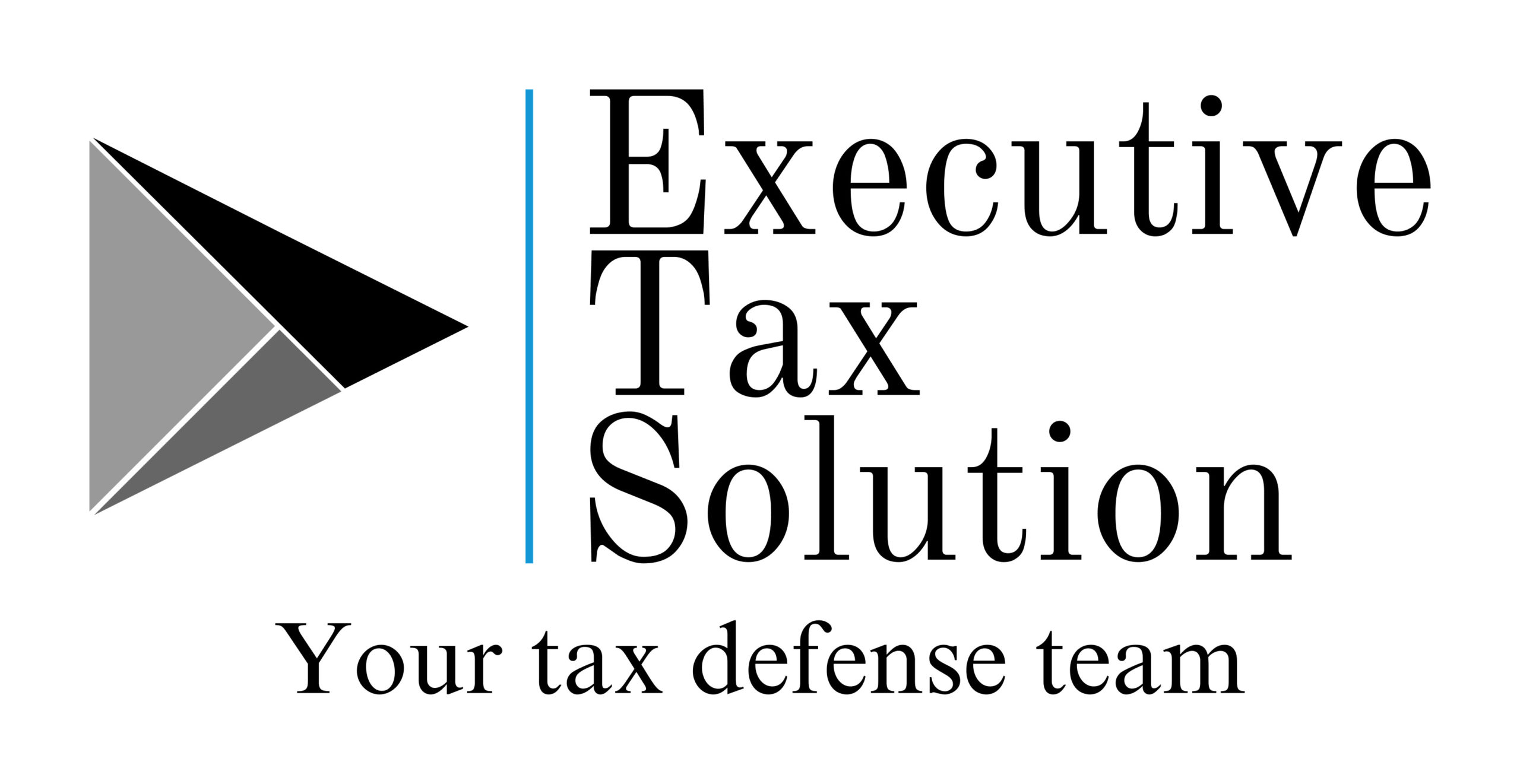What did thieves try to steal?
Along with tax season comes the season of tax identification theft. Victims of tax fraud know how frustrating the experience can be. The IRS historically does not cooperate when you try to receive copies of fraudulent tax returns. This is frustrating.
The frustration
Until now, if you were a victim of tax identity theft, you would not receive information from the IRS about the depth of the fraud. Many frustrated taxpayers try to get copies of the fraudulently filed tax returns every year. The IRS often refuses freedom of information requests to get these copies. Have things changed?
What’s new?
In a recent announcement, the IRS has changed course on requests to get copies of fraudulently filed tax returns. As long as you follow their instructions, you can now get copies of what thieves attempted to do with your tax information. But be forewarned. The IRS will black out information on the requested return that does not pertain to you. They will present you with enough of the falsely filed tax return that allows you to determine the depth of the data that has been stolen. How does this help?
Why the theft information may be important
- You can see what personal information the thieves have. What has been compromised? Name, address, and Social Security Number? Do they have your dependent’s or spouse’s information? Perhaps they also have your income and withholding data. Knowing this will help you plan the extent of data protection you will need.
- There may be clues as to where the identity theft occurred. Of the information stolen, who had access to it? Did the data breach of your identity happen through the IRS or somewhere else?
- There may be more tax years impacted than you thought. Request information from the year you first became aware of the identity theft at the IRS. But you may wish to request information in a prior year and in the year following the theft. The IRS has access to up to six years of tax returns. Try to determine whether the theft is ongoing is a one-time occurrence.
The request requires specific information. Here is a link to the IRS announcement: Instructions for Requesting Copy of Fraudulent Returns
Thankfully, the IRS’ recent decision to share this fraudulent information is allowing victims to take some action to protect themselves.
If the IRS is on your back or if you suspect you are a victim of tax fraud, let ETS help you sort things out. Call us @ (469) 262-6525.

